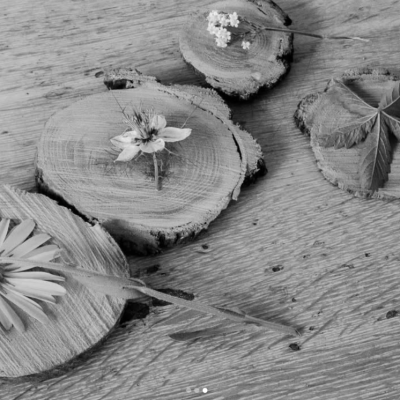Article
Background
Naomi initiated a research-based project to explore interreligious encounters and the meanings of rituals in contemporary society. Her motivation arose from daily experiences with misconceptions, stereotypes, and discomfort around religion, both in her personal life and in broader social contexts. With tensions around faith often simmering below the surface, she asked herself: What conditions are needed to make space for open, curious, and brave interreligious dialogue? To begin answering this, she created a zine titled Ritual Letters, a personal and poetic reflection on rituals. This later expanded into a collaborative research lab at Buitenplaats Brienenoord, where she engaged artists, makers, and thinkers in exploring how rituals shape identity, memory, and community
One of the primary purposes of rituals is communication. Thus if you turn it around: a conversation itself can be an intentional ritual.
Approach and Methodology
The project took place as part of a mini-residency at Buitenplaats Brienenoord, a cultural hub that offers space for creative and reflective practice. Naomi began by developing Ritual Letters, a zine in which she wrote letters to various figures – God, the Spirit, the Devil, her father – with reflections on everyday and ceremonial rituals. She then invited others into the process through a series of intimate research sessions. Participants discussed how rituals change through migration, how they preserve memory, and how they influence creative work. The methodology was grounded in storytelling, communal reflection, and mapping personal ritual histories. Naomi also engaged in background research through books, podcasts, and conversations with individuals experienced in religious and cultural event facilitation.
Impact
The research lab directly engaged 20 participants and indirectly affected 60 people through a space designed for openness, curiosity, and reflection. It allowed individuals from various backgrounds to investigate their own practices while gaining deeper insight into others’ traditions. The project helped illuminate connections between ritual, identity, and resilience, particularly in diasporic or secular contexts. It encouraged participants to treat religion not merely as dogma or tradition, but as a living, flexible understanding that extends into everyday life.
New Steps
Naomi will continue exploring interreligious dialogue and ritual practice in future phases of the project. Her ongoing aim is to treat religion as a dynamic element of everyday life, bridging the traditional and the flexible. She hopes to secure funding to invite more scholars, artists, and spiritual practitioners into the conversation.

